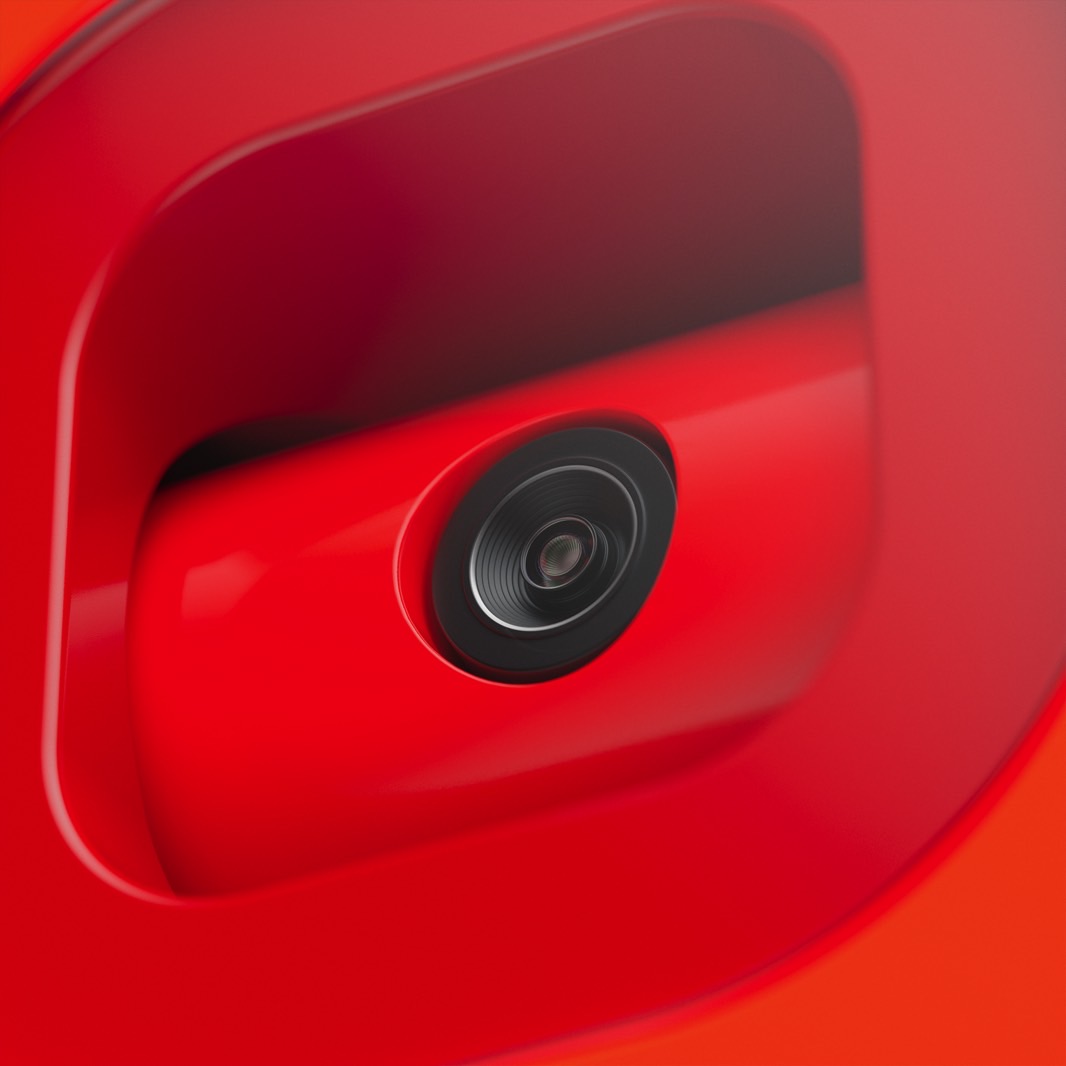It’s CES 2024 week in Las Vegas, otherwise known as AI week. Artificial intelligence is built into lots and lots of products, even ones that might not necessarily need it. But we also have brand new hardware that revolves specifically around AI like ChatGPT. One example is the new r1 from an AI startup called Rabbit. The gadget looks like a cute, playful “not-a-phone” device. It’s a different take on the post-smartphone concept that Humane is trying with the Ai Pin.
Unlike devices that can run ChatGPT to answer questions of all sorts, Ai Pin included, the Rabbit r1 is capable of actually doing things on your behalf, in mobile apps. That was exciting enough to make me consider purchasing this AI-first device.
The r1 sounds amazing until you start questioning its features. Rabbit’s r1 also feels like a better proposition than the Ai Pin, the $699 (without mandatory subscription) device that Humane hasn’t shipped yet. It’s not that the r1 will fare any better. It costs just $199, which seems too cheap for the kind of features it wants to offer. But the price isn’t the (only) problem.
I think the Rabbit r1, the Humane Ai Pin, and similar devices that might be in the making are starting to scratch the surface of personal AI experiences that will be available directly on smartphones. While these startups try to kill the smartphone, vendors like Apple, Google, and Samsung will surely build features like what the r1 and Ai Pin offer directly into iPhones and Android handsets. With that in mind, why would anyone need a separate, dedicated AI gadget?
The difference between the Rabbit r1 and ChatGPT
Watching Rabbit’s presentation is enough to understand the difference between ChatGPT and r1. With the former, you can’t get stuff done online. You can ask ChatGPT to book you the cheapest hotels for your next vacation, but the chatbot will only find the deals for you. It’s not equipped to navigate the user interfaces that would allow it to actually book your next stay. The r1 is.
Rabbit’s r1 runs on a Rabbit OS that doesn’t support traditional apps. Rabbit OS isn’t based (only) on a large language model (LLM) like ChatGPT. The company developed a “large action model” (LAM), which lets it navigate apps and perform tasks for you.

The LAM allows Rabbit OS to learn how humans navigate apps irrespective of the platform. It learns what needs to happen for a hotel booking to take place, and it does it for you with a simple voice command.
But that can’t happen until you go down the Rabbit Hole, which is a web portal where you’ll sign into all the services that r1 will be able to control. Examples include hotel booking services, Uber, Spotify, ChatGPT, and anything else you’d like the AI to access.
The obvious privacy concerns
You’ll have to trust Rabbit’s privacy claims for the device to work. The company says that nobody will have access to your data. And when you give r1 access to your accounts, it won’t store login credentials. It’s unclear how this will work, and the website and presentations aren’t enough:
When you interact with rabbit OS, you will be assigned a dedicated and isolated environment on our cloud for your own LAM. When our rabbits perform tasks for you, they will use your own accounts that you have securely granted us control over through our rabbit hole web portal. We do not store your passwords for these services. rabbits will ask for permission and clarification during the execution of any tasks, especially those involving sensitive actions such as payments. They will provide predictable feedback on whether the task was successfully executed or failed, along with a reason, thanks to our neuro-symbolic research.
Interestingly, you can teach the AI new app interactions, like the ability to have AI perform tasks in apps. This is something I haven’t seen anywhere else… yet. One would presume Apple and Google are currently working on adding this functionality directly into their mobile OSes.
Regarding privacy, Rabbit notes that the microphone is only on when you push the button to talk to r1, so it’s not always listening. Also, the camera is physically blocked when not in use. You can place the device face down to stop input and output of data automatically.

What about the hardware?
Since I’ve mentioned hardware details, I’ll tell you the r1 features a 2.3GHz MediaTek Helio P35 processor, 4GB of RAM, 128GB of storage, USB-C connectivity, all-day battery life, and a SIM slot. Like the Ai Pin, it’s a “non-phone” phone that needs to be connected to the internet at all times to work. Unlike the Ai Pin, the device has a touchscreen. And, for some reason, a scroll wheel.
The device itself will remind you of the Playdate gaming device launched a few years ago. It’ll also feel like the smartphone from Her, a movie that feels more actual than ever.
Considering all that, I will say that the $199 r1 is an interesting proposal. If it can do what Rabbit says it can right now. If it can do it as fast as the presentation says it can. It certainly seems more exciting than the Ai Pin.

Can’t Humane’s Ai Pin do the same stuff?
Humane’s device relies on ChatGPT to answer questions. You can also use the AI to answer texts and catch up on email, but the AI Pin can’t perform in-app tasks like the r1. Humane’s gadget does take photos and videos and can translate lanaguages.
Then again, I wonder how Rabbit can offer all the features it says it can offer for just a one-time $199 payment from the user. How does that pay for the LAM ongoing research and the data security and privacy that Rabbit advertises? Just as I think $699 is too much to pay for the Ai Pin, the $199 price tag of the r1 seems too low.
I’ll also note that, just as Rabbit r1 news dropped, word got out that Humane has started firing people. The two events aren’t related, but it doesn’t look good for Humane, which has yet to prove to investors and the general public that the Ai Pin can be a sustainable business.

On that note, both Rabbit and Humane will start shipping their AI devices this spring in the US. And Rabbit will start taking orders globally after that. That’s another reason I got close to trying to place an order for the r1.
At the end of the day, I’m sure Apple, Google, and others will have features like the ones Rabbit is proposing on their devices built into the operating system. I’m certainly looking forward to that. And maybe Rabbit will be bought by a mobile device maker along the way. Maybe that’s the real Rabbit pitch at CES.
Whatever the case, Rabbit might have just delivered the next big development in AI. And I can’t wait to see what happens next in the space. I say that knowing that Jony Ive and OpenAI might be working on a revolutionary AI device of their own.








